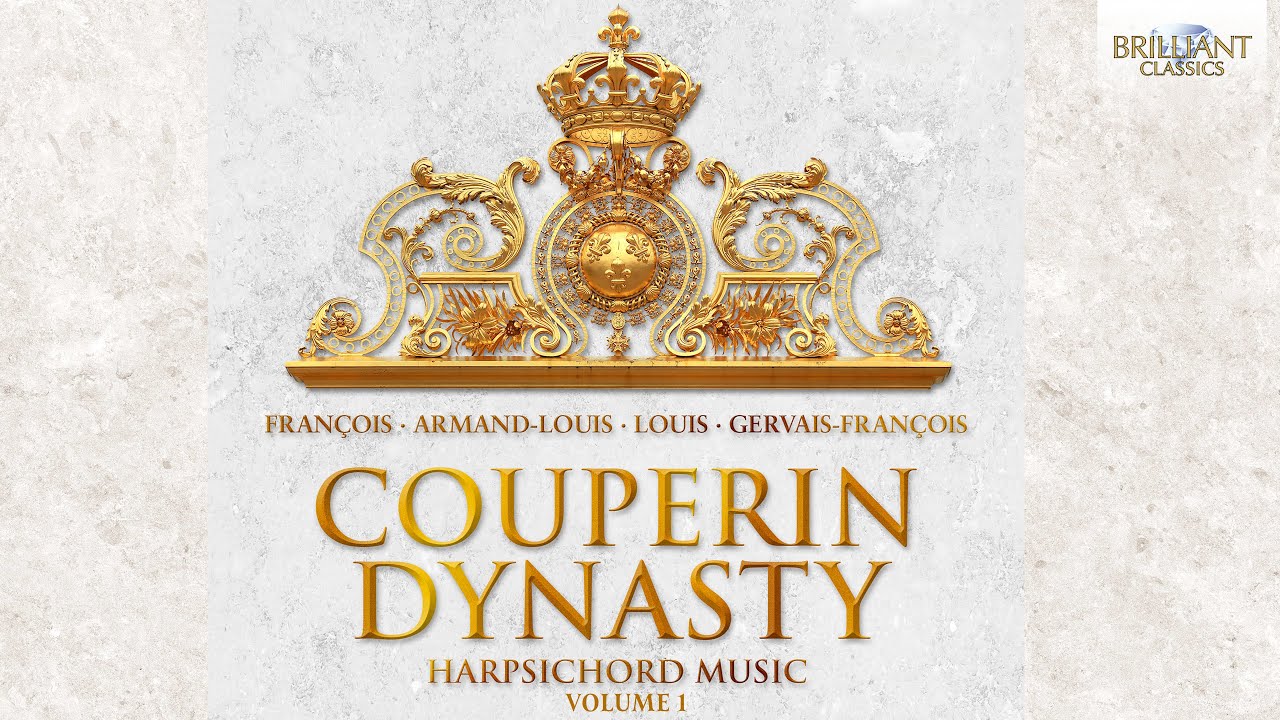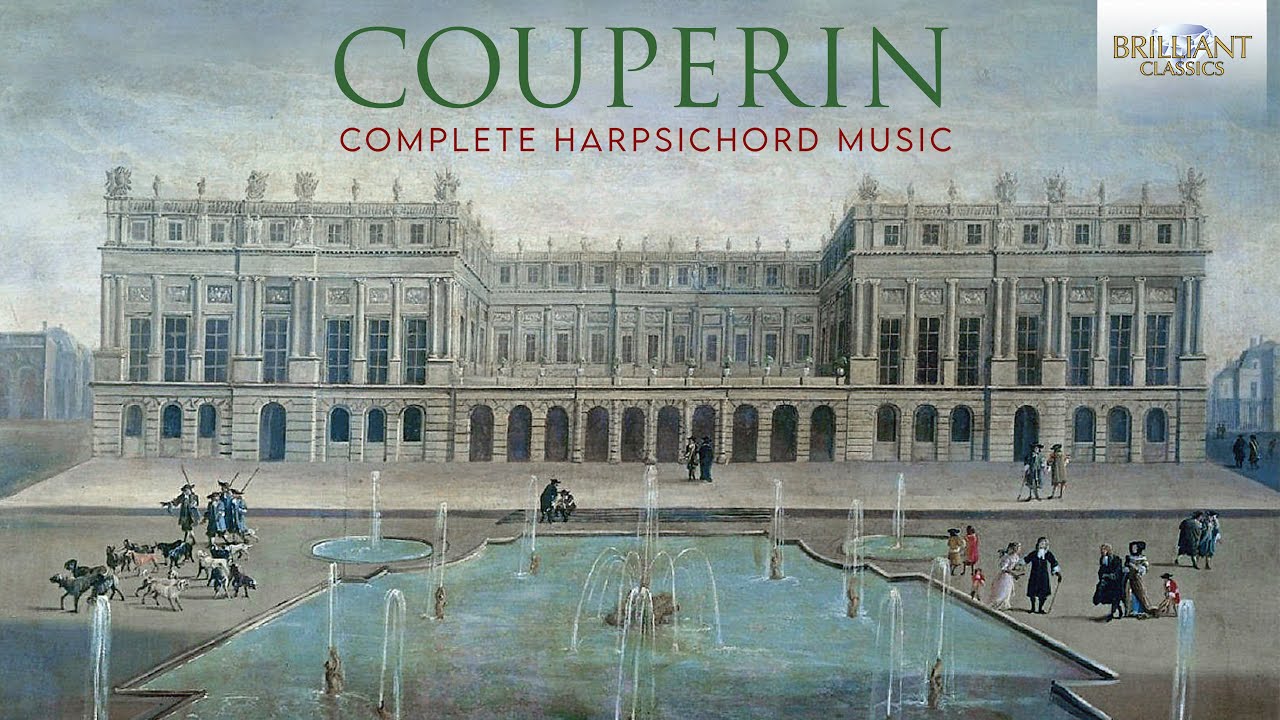This thread has seriously gone off topic!
My intention was only to announce that Brilliant has started to publish a complete Couperin Dynasty collection on YouTube.
While the François Couperin does have lots of merits, and I can recommend spending time getting to know it, I cannot say that about the Louis Couperin so I mentioned that as an aside. I don’t write record reviews and I am happy to leave that to others who do it professionally.
But as I have been asked directly to say what it is about the LC set which I don’t like, I will do so.
first a couple of positives:
– the instrument sounds very nice indeed
– some movements are convincing - for example, La Piemontoise
now, I’m afraid that I have a long list of negatives:
– the shaping of melodic lines is clumsy - the phrases don’t ‘breathe’
– ‘style brisé’ has not been used to create sonority, nor to create moments of repose - broken chords are played very literally without any musical effect. There is nothing lute-like about that.
– fast movements, such as Canaries, are leaden - both too slow and too legato
– chaconnes with strong 1st and 2nd beats are poorly accented so that the 1st beat sounds like an upbeat to the 2nd beat
– there is some very clumsy arpeggiation
– when there are runs of 16th notes, there is no attempt made to identify groupings within those runs, either with micro-rhythms or articulation
– while I think there can be a lot of freedom in the Tombeau, there is real carelessness about the note values written on the page (not to mention the ‘plus vite’ marking when that comes up), which I feel is to the detriment of the music
– overall there is a serious lack of energy
We are fortunate to have lots of good harpsichordists to choose from in terms of Louis Couperin.
– Leonhardt (not a lot but it is very good)
– Bob van Asperen complete and all on antique instruments including the Vaudry
– Jean Rondeau (only a bit online now but he is doing a complete this year)
– Glen Wilson
– Skip Sempé
– Richard Egarr
– Blandine Verlet
…
None of these players approaches the music in the same way, but they all bring a lot more care and skill than the unfortunate chap chosen by Brilliant.
In my opinion!

